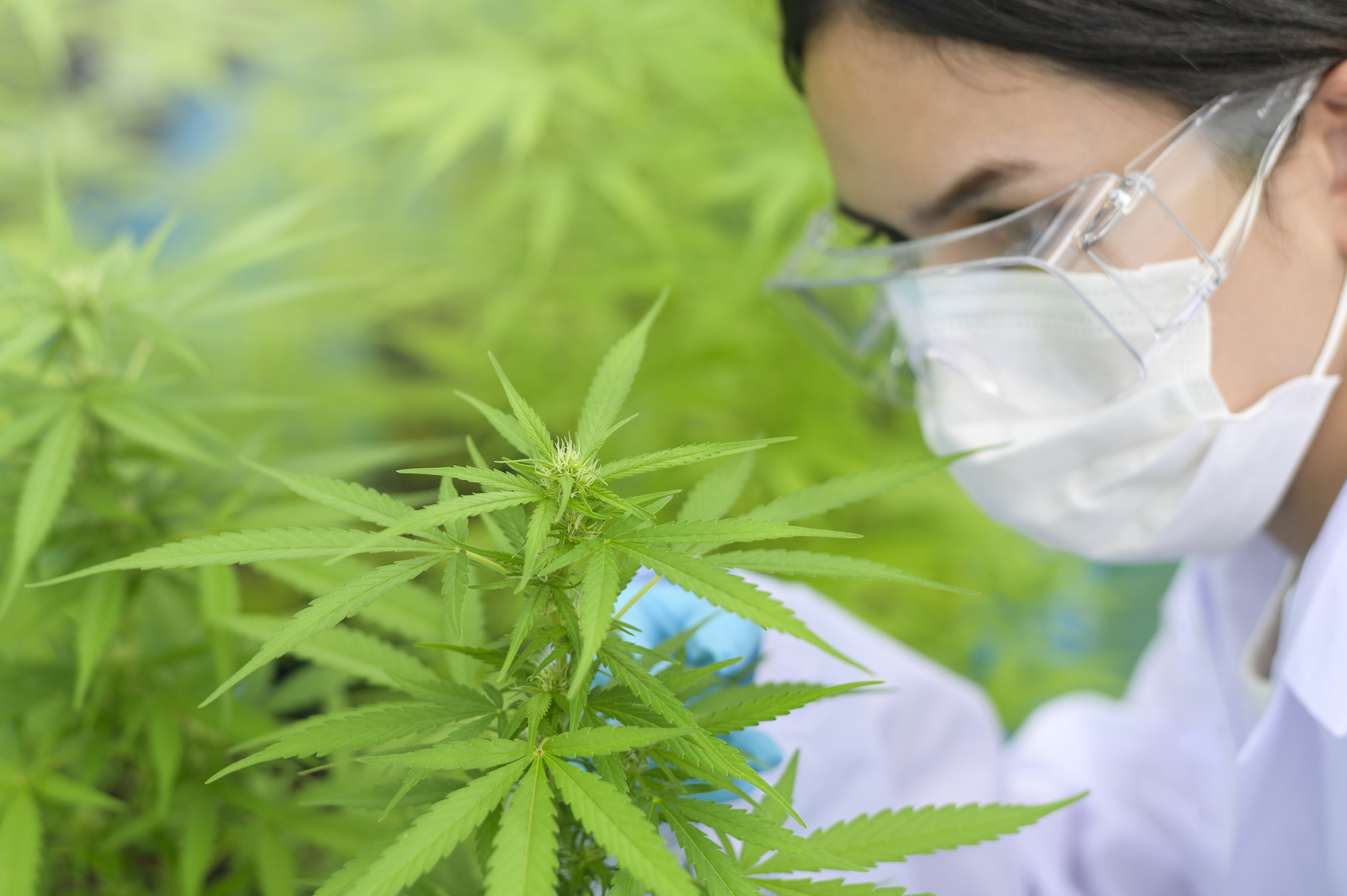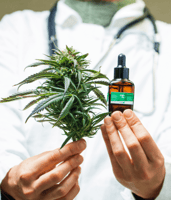Broughton takes a look at the FDA’s recent announcement that it is developing a regulatory assessment for CBD products in the U.S.
CBD industry frustration – but hold-ups may ultimately result in a safer industry
Cannabinoids

Jul 5, 2022 | Published by Emily Saunders
Cannabinoids
Broughton's Regulatory Operations Manager, Emily Saunders discusses why lengthy delays in the CBD approval process are causing frustration in the industry.
Potentially lengthy delays in the approval process for CBD novel food products in the UK and European Union (EU) are likely frustrating the industry. They are also leading to claims of stagnation in the thriving CBD wellness sector (CBD-intel.com, 2022).
Whilst many CBD companies have made it through to the validation stage, the UK Food Standards Agency (FSA) and European Food Safety Authority (EFSA) have yet to authorize any of the products of CBD companies that have applied for novel foods authorization.
An initial list of companies whose products were allowed to stay on the UK market while going through the authorization process was published earlier in the year, on March 31, 2022. The list was then updated on May 26, with a further update published on June 30, 2022. New products cannot be placed on the UK or EU market without authorization, while products that were on the market on February 13, 2020, can remain on sale, provided they have submitted a Novel Food Application, been validated, and are on the list.
Some hold-ups have hit the process along the way. Initially, a clerical error omitted about 700 products from the initial validated applications list. Then the FSA admitted in March 2022 that it had been forced to hire more employees to cope with the sheer volume of applications. Recently the EFSA has announced concern about the quality of toxicological data and frozen their authorization process for all companies asking them to submit additional information for applications to progress to the authorization phase. This has left many CBD companies who started the application process back in 2020 awaiting authorization for their products.
Echoes of the PMTA process
The problems faced by those operating in the UK and EU CBD space are reminiscent of what’s been going on in the US, with e-cigarette manufacturers left in limbo for many months over the outcome of pre-market tobacco product applications (PMTAs).
But while there are some similarities, the FSA and EFSA’s process for novel foods applications was thought to be much less complex than that required by Food and Drug Administration (FDA) for PMTAs. The recent news about a pause in the EFSA Novel Food process due to the lack of toxicological and human behavioral information has led to more uncertainty around the level of detail needed for CBD products to be granted marketing authorizations under the novel food applications process.
The EFSA believes that some CBD manufacturers will already have the additional information available even if they chose previously not to submit it within their original applications. However, some manufacturers inevitably won’t, and in such cases more studies will be required.
The feeling within the CBD sector is that the Novel Food Application process has become more rigorous than initially anticipated and will cause additional delays for those awaiting authorization for their products.
An opportunity for improvement
While the wait has left many companies concerned about the future development of the CBD industry, it has created an opportunity for those who know their applications will require additional information – and that’s where Broughton can help.
Submission gap analysis and the creation of bespoke rescue packages for those applications that could potentially require further work can be generated, ensuring that products continue in the current authorization process without having to go back to the start or be formulated.
Long-term goal
Whilst what we’ve seen from EFSA has resulted in a temporary obstacle for the EU CBD industry, there is a counterargument that more scientific data on the quality, safety, and efficacy of CBD products can only be a good thing for the industry in the long term.
Regulated markets are good for businesses, and consumers. If there is uncertainty and a lack of information, companies may delay investment, and consumers – apart from early adopters – don’t have the level of trust needed to buy the product. In the case of medicinal cannabis and CBD, the industry needs regulation to build the scientific evidence base that will help educate legislators and the medical profession while building trust with ordinary people.
How can Broughton help?
As the holder of a UK Home Office controlled drug license, we offer a wide range of services for cannabinoids.
- Regulatory consultancy currently focused on EU and UK cannabis regulation
- UK and EU Novel Food Application scientific consultancy and analytical testing support for full applications, filling gaps in an existing application or responding to a deficiency letter from regulatory authorities
- Stand-alone toxicology consultancy services
- Stand-alone stability study services
- Product realization services such as designing for regulatory approval, gap analysis for chosen regulatory pathways, product optimization, reformulation, etc.
- Method development, validation, and technology transfers
Book a meeting with us today to discuss your requirements.


